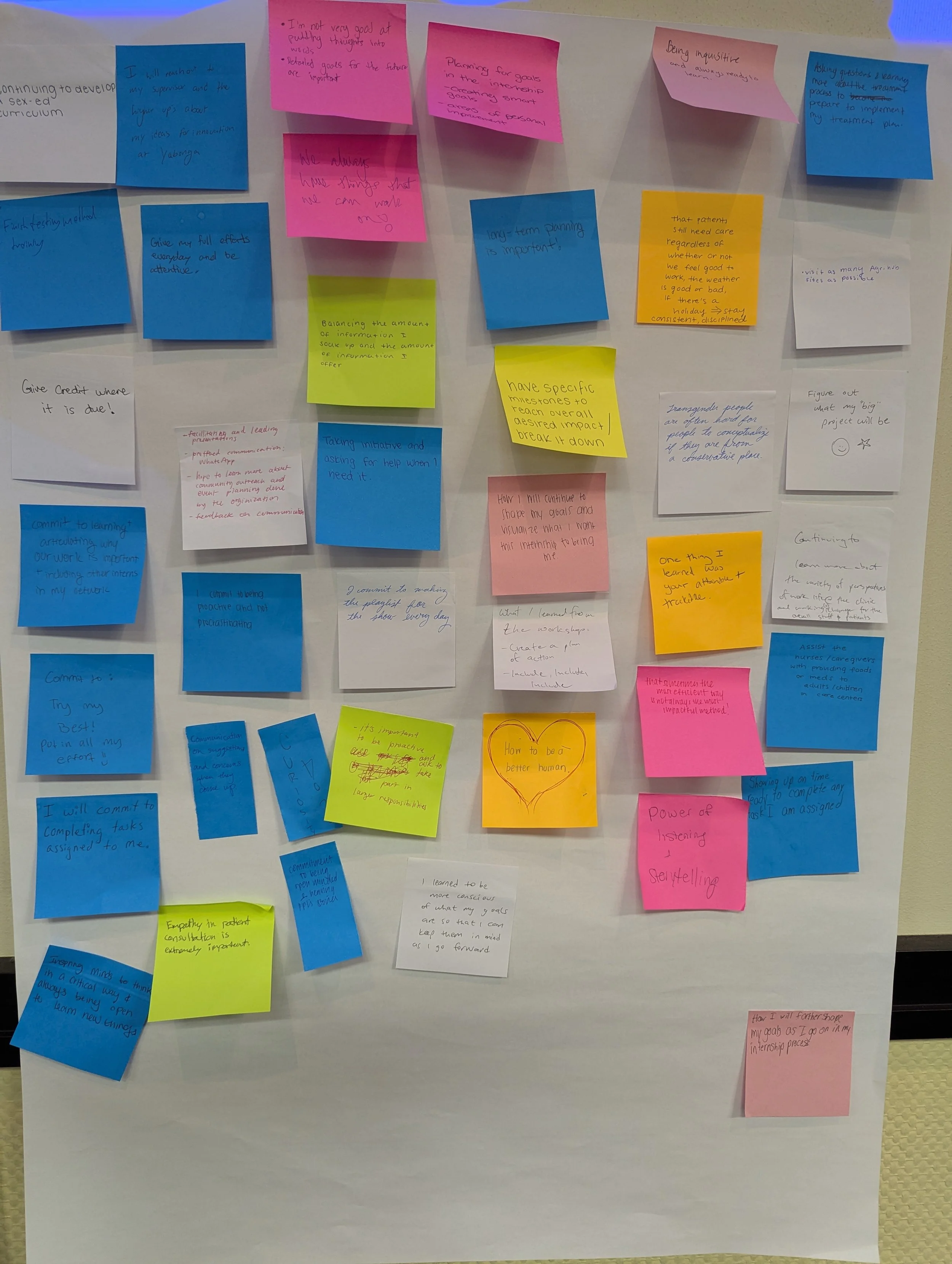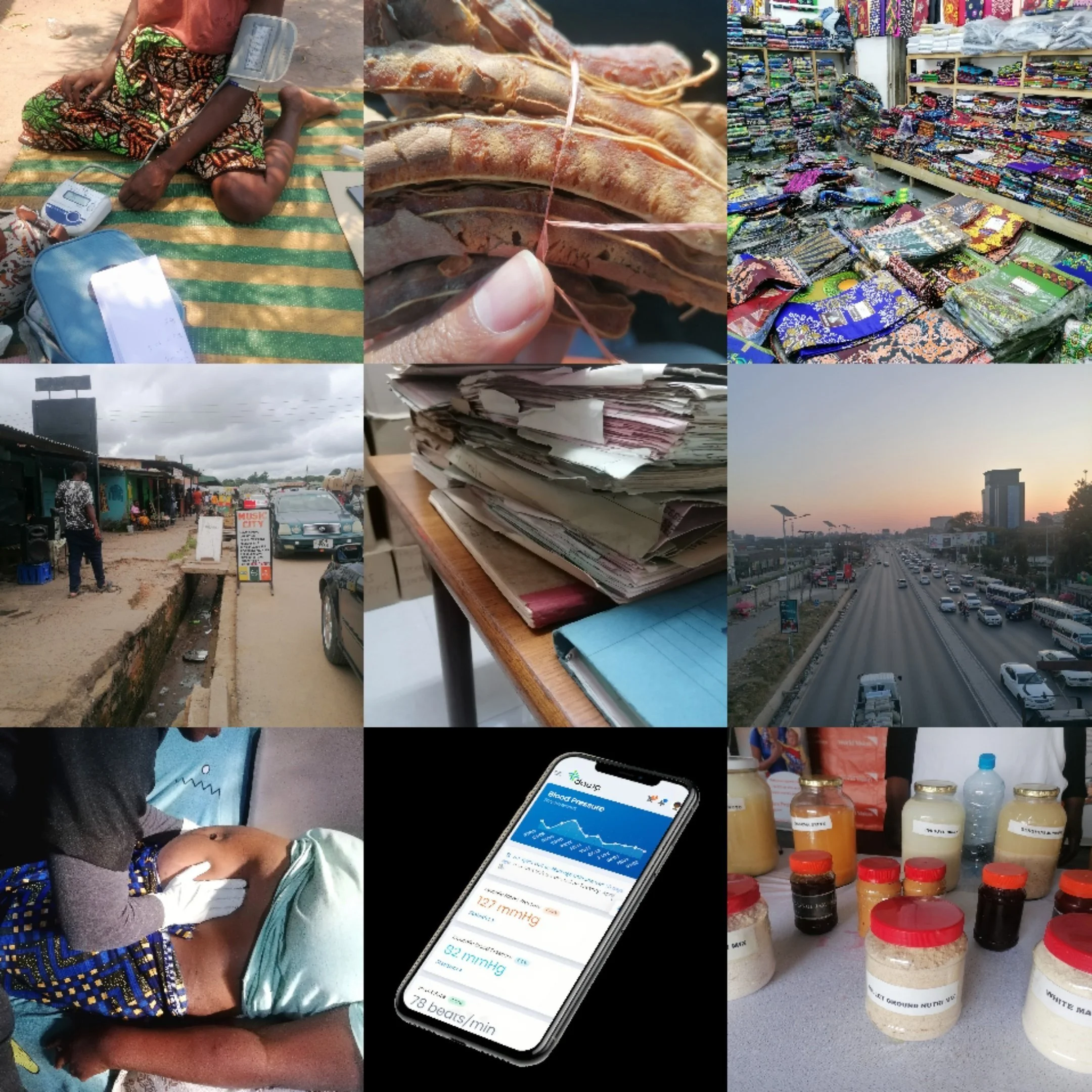Researcher & Applied Anthropologist
I am a doctoral researcher in anthropology and educator, with a focus on maternal health, data governance, digital archives, and the ethics of care in Southern Africa. My research draws on multi-sited ethnographic engagements in Southern Africa and Western Europe to interrogate how fragmented technologies and artificial intelligence reproduce bias, shape health systems, and influence social imaginaries. As an educator, I share these insights with university students, guiding them to critically engage with questions of data, knowledge, and innovation while also preparing them for professional work contexts in Southern Africa. My broader interests lie in human-centred innovation and in rethinking how technologies and archives can be democratised for marginalised communities.
Situated at the intersection of medical anthropology and critical data studies, my work examines how code, data schemas, and platforms reorganise care, focusing on maternal health in Southern Africa. Through archival and ethnographic research and partnerships with startups, I translate insights into people-centred product design, inclusive health system practices, and policies for equitable digital infrastructures. This work has been supported by the Carnegie Corporation of New York, the Mozilla Foundation, the French Institute of South Africa, and the Margaret McNamara Education Grant.

Research
AI, Care, and Medical Materialities in Southern Africa
My doctoral project investigates how digital technologies are reshaping maternal healthcare in Zambia. Through ethnographic work with a mobile clinic and telemedicine startup, I examine how innovators design digital tools, build patient datasets, and apply AI in prenatal care. The research also traces the startup’s trans-border relationships and how these networks inform the hegemonic underpinnings of emerging health technologies. Building on my earlier ethnographic work on early childhood in Zimbabwe, the project situates maternal and child health within a broader regional and historical context, demonstrating how care practices travel and transform across different contexts. It further explores the challenges of generalised datasets, strained health infrastructure, and the ways institutional archives echo today’s data practices. Linking these dynamics, I demonstrate how technologies intersect with everyday practices, materials, and relationalities of care, contributing to debates in digital anthropology, medical materiality, critical data studies, and the ethics of evolving healthcare.

Teaching
Guiding students to think across borders, disciplines, and futures.
I pursue an inclusive and context-responsive approach to teaching, drawing on my experiences in South Africa, Zambia, and with U.S. study-abroad students. I invite students to engage critically across disciplines, such as anthropology, public health, and development studies, at institutions such as CIEE, the University of Zambia, and the University of Cape Town. Grounded in ethnographic methods and theoretical inquiry, my classroom emphasises interdisciplinarity, co-creation, and intellectual stewardship. Students explore complex intersections such as developmental paradigms, inequities, information ethics, and algorithmic decision-making using multiple modes of learning and assessment that support diverse voices and challenge exclusionary frameworks.

Public Engagement
Past:
Women Techmakers: Redefine Possibilities in Emerging Technologies: 12 April 2025, Virtual
Digital Health Summit: 20 - 21 January 2025, Cape Town
EASST-4S Conference: 16 - 19 July 2024, Amsterdam
Box Breaking: Data, Dismantling and Developing: 31 May 2024, Lusaka
Digital Rights and Inclusion Forum: 23 - 25 April 2024, Accra
JSAS and SAIPAR Conference: 16 - 18 August 2023, Lusaka
Social Anthropology Seminar Series: 15 May 2023, Stockholm
Archiving Otherwise. Sound Thinking and Sonic Practice: 30 March - 1 April 2023, Cape Town
Association of Internet Researchers Conference: 2-5 November 2022, Dublin
Anthropology of Human Security in Africa Conference: 31 October 2022, Cape Town
Issues in African Development Seminar Series: 27 October 2022, CIS, New York
Ethics of Socially Disruptive Technologies Conference: 6 - 7 October 2022, Oegstgeest
Africa Internet Governance Forum: 19 July 2022, Lilongwe
University of Cape Town Career Conversations Series: 12 May 2022, Virtual
African Studies Association of Africa Biennial Conference: 11 - 16 April 2022, Cape Town
Response-ability Summit: 20 - 21 May 2021, Virtual
Read
A reflection on the potential of AI to diagnose high-risk prenatal conditions, but its limitation when narrowly relying on biomedical markers and variables for datasets in communities presenting broader treatments and indicators outside of biomedicine.
Artificial intelligence (AI) advancements in healthcare rely on diverse, high-quality data. This report examines Dawa Health's AI integration into its maternal healthcare services in Zambia, exploring biases in datasets and technology. Ethnographic research highlights how DawaMom app users navigate its design, revealing gaps in meeting the unique needs of underrepresented expectant mothers in Southern Africa.
Indatshana echaza ukuswelakala kwamazwi esayensi awesiNdebele okudingakala ukwandisa imicabango exhumanisa izindimi zethu ezifundweni zesayensi.
An article that explains the lack of scientific terminology in Ndebele and the need to expand on scholarship that links African languages to scientific studies.









